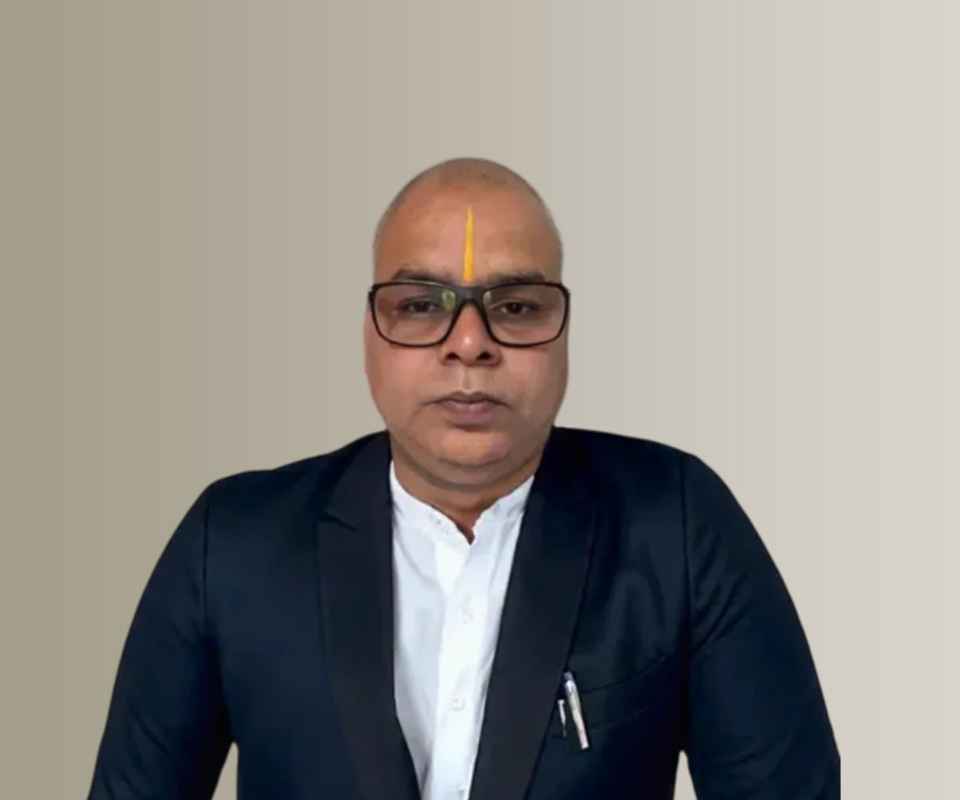Answer By law4u team
Constitution Of India Article 66: Election of Vice-President
(1) The Vice-President shall be elected by the[{1}members of an electoral college consisting of the members of both Houses of Parliament ]in accordance with the system of proportional representation by means of the single transferable vote and the voting at such election shall be by secret ballot.
(2) The Vice-President shall not be a member of either House of Parliament or of a House of the Legislature of any State, and if a member of either House of Parliament or of the Legislature of any State be elected Vice-President, he shall be deemed to have vacated his seat in that House on the date on which he enters upon his office as Vice-President.
(3) No person shall be eligible for election as Vice-President unless he—
- (a) is a citizen of India;
- (b) has completed the age of thirty-five years; and
- (c) is qualified for election as a member of the Council of States.
(4) A person shall not be eligible for election as Vice-President if he holds any office of profit under the Government of India or the Government of any State or under any local or other authority subject to the control of any of the said Governments.
Explanation.—For the purposes of this article, a person shall not be deemed to hold any office of profit by reason only that he is the President or Vice-President of the Union or the Governor {2} of any State or is a Minister either for the Union or for any State.
NOTE
1. Subs. by the Constitution (Eleventh Amendment) Act, 1961, s. 2, for members of both Houses of Parliament assembled at a joint meeting (w.e.f. 19-12-1961). 2. The words or Rajpramukh or Uparajpramukh omitted by the Constitution (Seventh Amendment) Act, 1956, s. 29 and Sch. (w.e.f. 1-11-1956).
Brief Detail
Article 66 provides the process for the election of the Vice-President. It outlines that the election will be conducted by an electoral college consisting of members of both Houses of Parliament using the system of proportional representation by means of the single transferable vote. The Vice-President, if elected, will vacate their seat in Parliament or State Legislature. Additionally, eligibility criteria are specified, including age and citizenship, and restrictions are imposed on persons holding any office of profit under the Government.
Question & Answers
Who elects the Vice-President according to Article 66?
The Vice-President is elected by the members of an electoral college consisting of members of both Houses of Parliament.
What is the voting system used for the election of the Vice-President?
The election is conducted through the system of proportional representation by means of the single transferable vote, and voting is by secret ballot.
Is a member of Parliament eligible for election as Vice-President?
No, if a member of either House of Parliament is elected Vice-President, they are deemed to have vacated their seat in that House.
Example
For instance, if a sitting Member of Parliament is elected as Vice-President, they must resign from their parliamentary seat on assuming office as Vice-President.
Summary
Article 66 outlines the process for electing the Vice-President, eligibility criteria, and the consequences of holding office, such as vacating parliamentary seats upon election.







